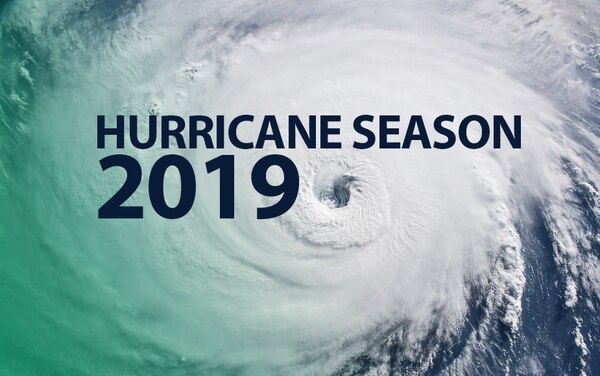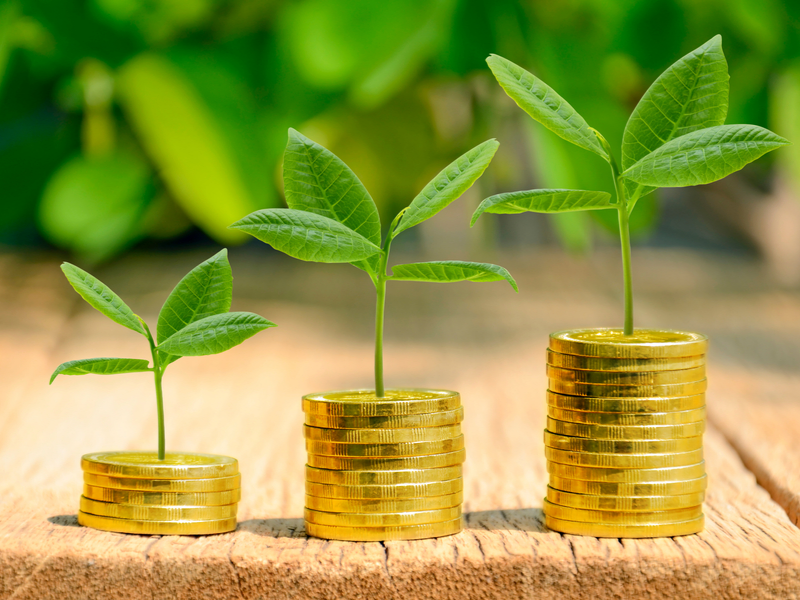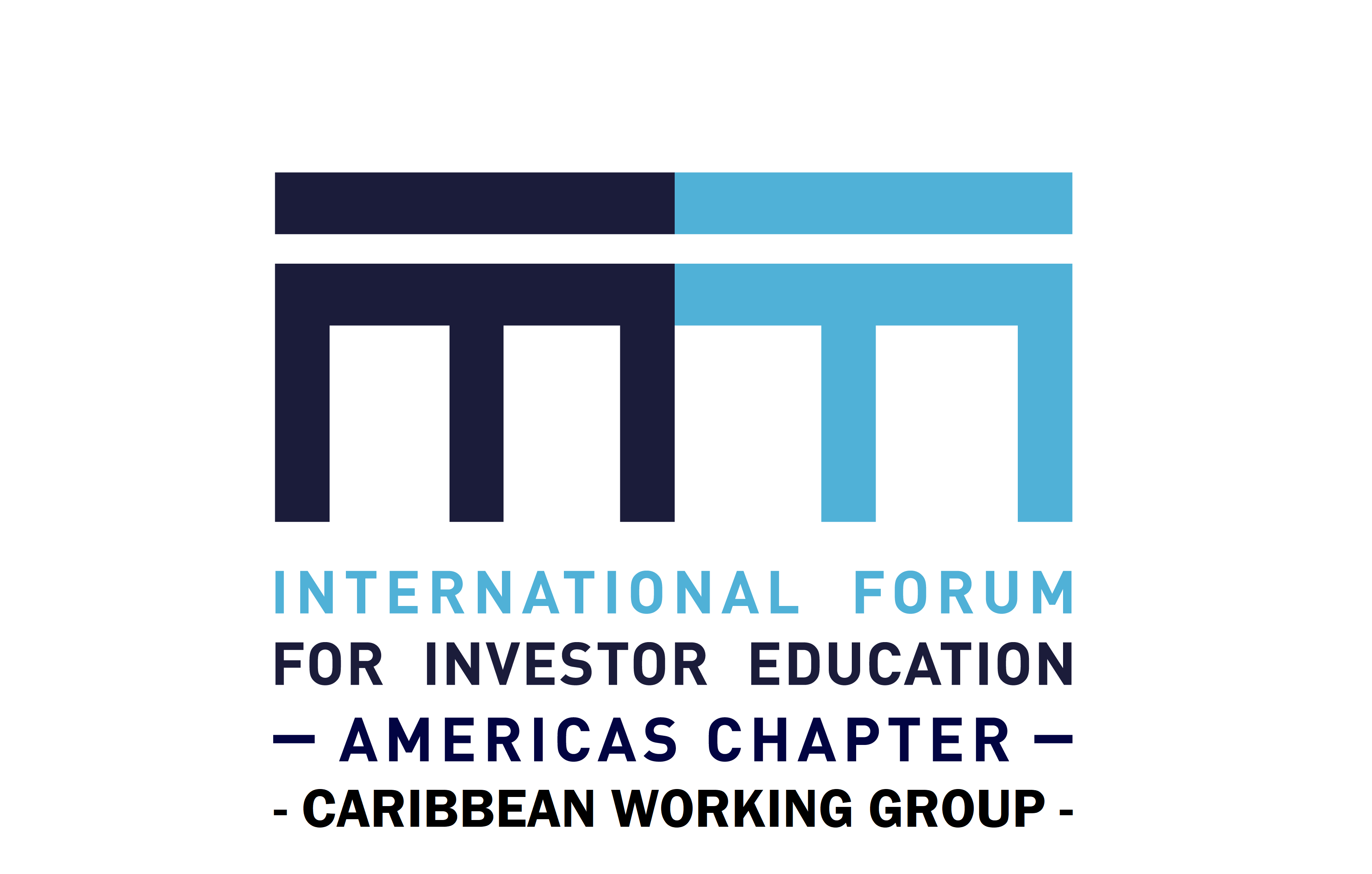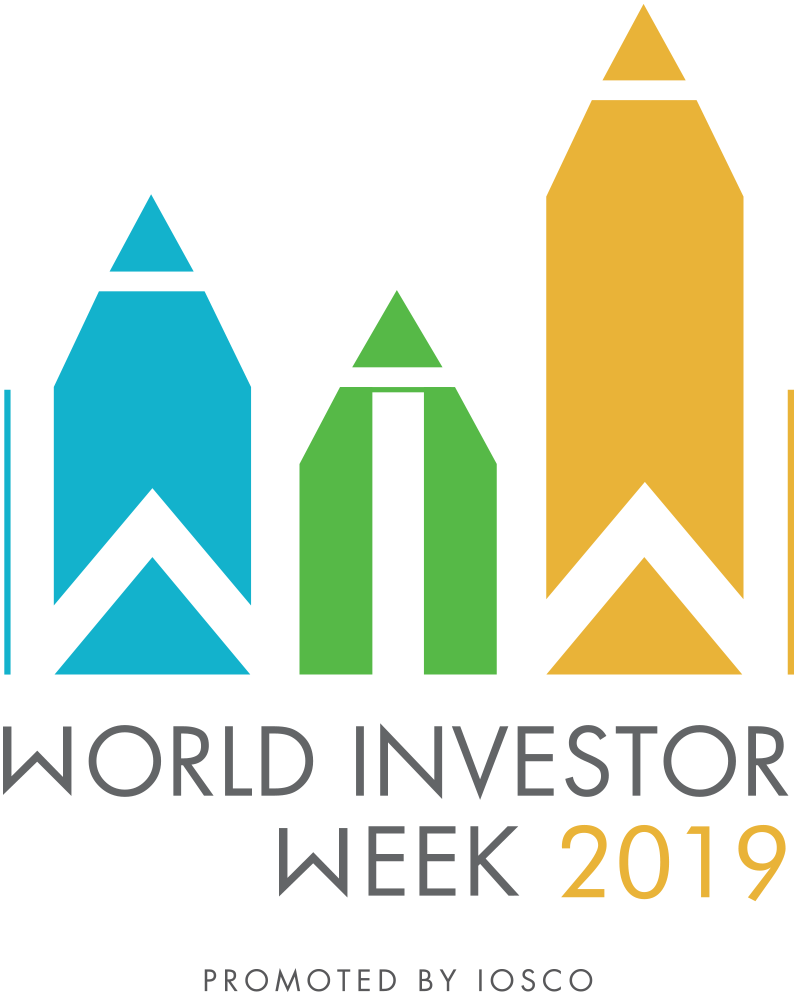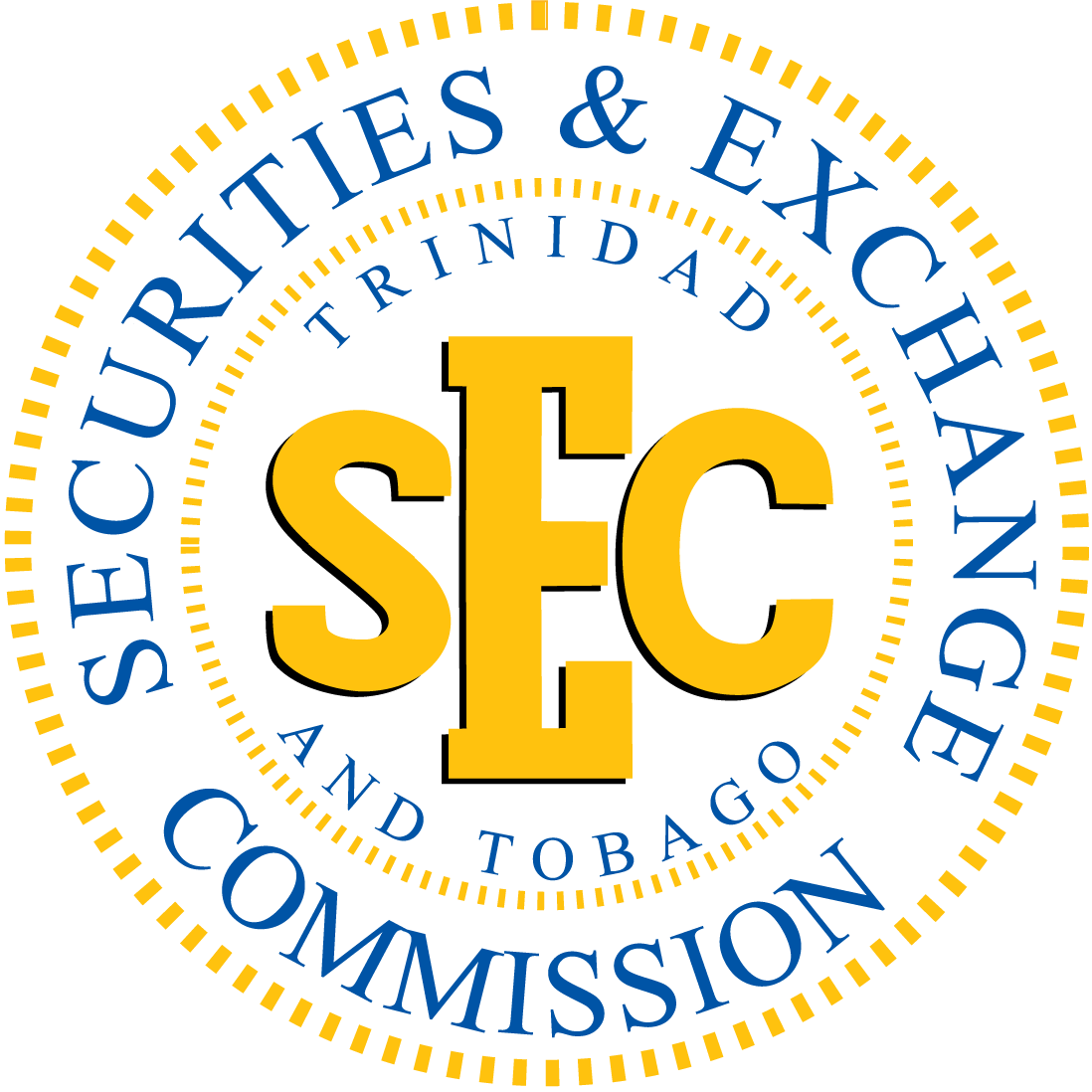[heading tag=”h2″ align=”center” color=”#000″ style=”lines” color2=”#000″]Are you prepared?[/heading]
As the hurricane season approaches, it is a stark reminder and our duty, to ensure that we are prepared to handle any type of life-changing events and to become more financially resilient, should the need arise.
As regulators of the financial industry, we are concerned about our stakeholders’ financial security in the wake of natural disasters. For emergency purposes, we always advise persons to have a minimum of six months’ salary put aside. This may be a challenge for some of us, but it is a necessary savings goal that can help you effectively cope during and after unexpected disasters. But is this enough? In the wake of unpredictable weather patterns, infrastructural development and changes to our environmental landscape, we may be more vulnerable to the impacts from these events, than we may have initially thought.
Remember that while these unexpected financial shocks or natural disasters, may be limited in duration, or in other cases prolonged, they can cause a sharp increase in required expenditure with a consequent severe decline in income. As such, recovering from a disaster relies heavily on preparing in advance and having easy access to adequate emergency funds.
[heading tag=”h2″ align=”center” color=”#000″ style=”lines” color2=”#000″]Building financial resilience[/heading]
Financial resilience refers to the ability to bounce back from a financial shock. For our purposes we consider financial resilience and vulnerability as two sides of the same coin since they concern the ways in which individuals and households access, build and preserve their financial assets and limit their financial liabilities, especially in the context of an unforeseen event.
[heading tag=”h2″ align=”center” color=”#000″ style=”lines” color2=”#000″]What should you prepare for in the event of a disaster?[/heading]
In many cases, after the first critical 48-72 hours, our immediate needs are met, such as: safety, food, water, medical conditions, we then focus on repair and recovery. Here are some things to consider:
- If a disaster strikes do you have enough ready/accessible cash put aside to purchase vital supplies during the crisis? And for how long?
- If there is no electricity and therefore ATMs and Point of Sale transactions do not work, how do you sustain yourself and your family?
- If the effects of the disaster are prolonged, do you have sufficient savings and access to appropriate credit to weather the financial strain resulting from the event?
- Are you in possession of assets which you can quickly change into cash? On what basis:
- Sold or redeemed for cash?
- Bartered for other items?
- Pledged to earn revenue?
- Is your insurance adequate to cover your needs?
- Do you understand the process for making a financial claim? Do you wait for payment and then repair/replace, OR repair/replace and then seek reimbursement?
Building financial resilience into your financial planning and goal setting is critical in reducing the negative impact of both man-made and natural disasters.
[heading tag=”h2″ align=”center” color=”#000″ style=”lines” color2=”#000″]Here’s what you can do – Mitigation and Preparedness[/heading]
Consider reinforcing your environment and infrastructure by ensuring adequate land-use, zoning rules and building codes.
Ensure you have enough financial protection, like insurance, to help reduce the impact of recovery and reconstruction costs. Engage your financial adviser to help you and your family develop a strategy for coping with a financial blow.
How resilient is your social network? Social resilience refers to the viability of your network of support as it relates to your family, friends, neighbours, community, faith, versus your level of isolation. Consider building capacity and capability, within your communities or within your family networks, whereby everyone can commit to investing in rebuilding, and offering much needed support during these times? Some areas have been impacted more than once, are you prepared to rebuild again?
Do research. Find out about the procedures to rapidly access public financing for speedy disaster recovery.
[heading tag=”h2″ align=”center” color=”#000″ style=”lines” color2=”#000″]Include in your disaster preparedness plan:[/heading]
- An appropriate lump sum of cash, that is easily accessible for short term expenses (3-6 months) – One thing that is understated is how much “liquid” or cash assets it may take to get through challenging times, especially in certain kinds of disasters that strike an entire island or region and where the acute phase tends to last much longer. You may need to be prepared for:
-
- significant disruptions to the norm, for a much longer period
- Rationing essentials for a longer period or
- A disruption in services over a greater area, and of course over a longer period of time
- Non-immediate expenditure to use in emergency situations (short term savings option) An option for obtaining credit on the best possible terms – develop sufficient amounts and access to emergency funds – Consider breaking up your emergency fund for different types of emergencies, amounts or time spans. For eg, 1) short term – appliances, vehicular repairs; medical/veterinary 2) long-term – natural disasters (1 month to 3 months); critical medical 3) Travel
- Easy and safe access to your critical documents. Ensure your critical documents (household identification, financial and legal documentation, medical information, insurance terms; contact information, etc.) are safeguarded/water-fire proof. Considers whether a deposit box at a financial institution may be right for you. Ensure that you have safe access to your information/ documents. Consider scanning and saving copies of your documents on an easily accessible flash drive, or on a virtual cloud for easy access. Think about where you currently store valuable belongings and how you may better consolidate and protect them. In extreme circumstances your critical documents will help you confirm or ‘prove’ to regulatory bodies your life’s or your family’s life “information”. Also ensure that you periodically update your contact information with financial institutions, insurance companies, etc. including your beneficiaries.
[heading tag=”h2″ align=”center” color=”#000″ style=”lines” color2=”#000″]Bonus Tip[/heading]
Everyone is more vulnerable after a disaster and vulnerability can be manifested in different ways
as fraud and defrauding can come with post disaster environments, such as:
- desperation to recover resources such as being defrauded by contractors or “helpers”;
- giving money to help someone who may actually turn out to be a fraudster;
- having accounts or information that are not protected, and which may then compromised and there is little recourse.
- Cyber security risks. Individuals need to protect their financial information which is in cyber space or accessed on line, especially in emergency situations and always include their preparedness plans. This kind of behaviour is better encouraged before disasters strike, of course, as part of ongoing protective financial behaviour.
[heading tag=”h2″ align=”center” color=”#000″ style=”lines” color2=”#000″]Here are some tips for achieving your ‘Saving-for-Emergencies’ goals[/heading]
- Diversify your savings and investments – ensure you have “exit strategies” for every (or at least key) investments
- Definitely consider having more than one source of income. Turn your hobby into and viably source of income.
- Maintain your health. ‘Your health is your wealth.’
- In any financial transaction – ‘always read the fine print and ask the relevant questions.’
- Stay employable throughout your lifetime
- Aim to keep debt to a minimum and manageable
- Keep the lines of communication open
- Consider your workplace solutions, whether it be education or influencing workplace policies
- Be realistic about your financial position/ situation. What risks exist in your immediate environment and how are you equipped to mitigate those risks?
No matter what your current situation, building financial resilience is essential to help plan for, and overcome, the serious financial setbacks that can arise after a natural disaster.
Do not wait for a disaster to strike. Be prepared!
Get yourself and your family financially ready.
Likely to need additional customized information—or maybe not. Depends on the purpose.


